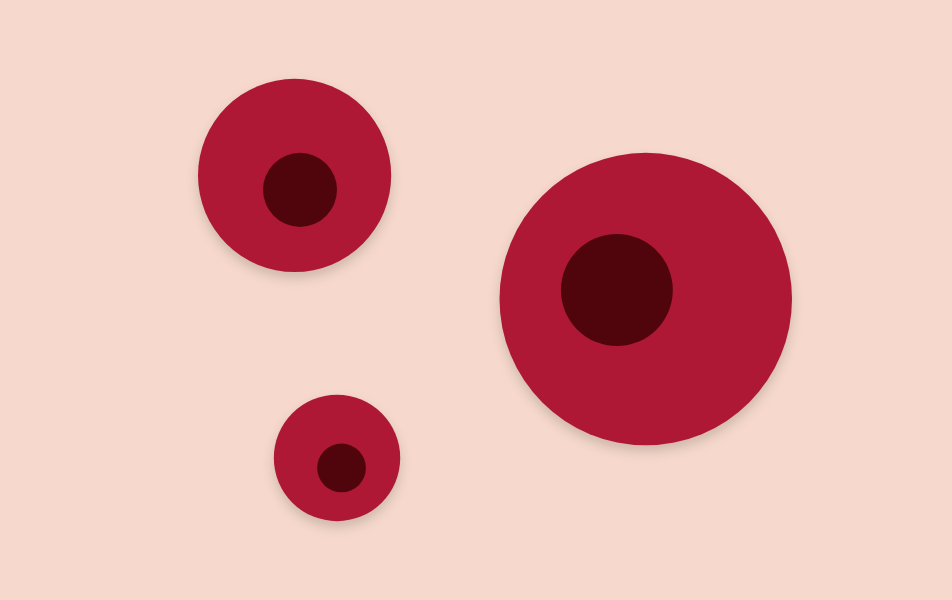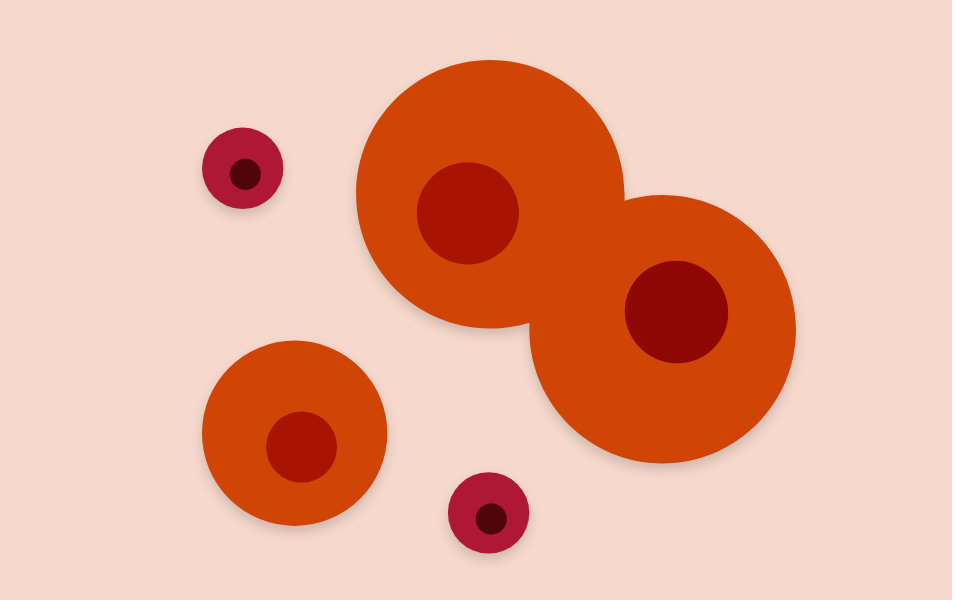Acute lymphoblastic leukaemia (ALL) is a type of cancer of the blood and bone marrow, the spongy tissue inside your bones where blood cells are made.(1)
The word ‘acute’ in ALL means that the disease progresses rapidly and creates immature blood cells, rather than mature ones.(2)
The ‘lymphoblastic’ in ALL refers to the white blood cells called lymphocytes, and ALL affects these cells.(3)
ALL has various types and subgroups, including B-cell ALL, T-cell ALL, and Philadelphia positive ALL.(1)

